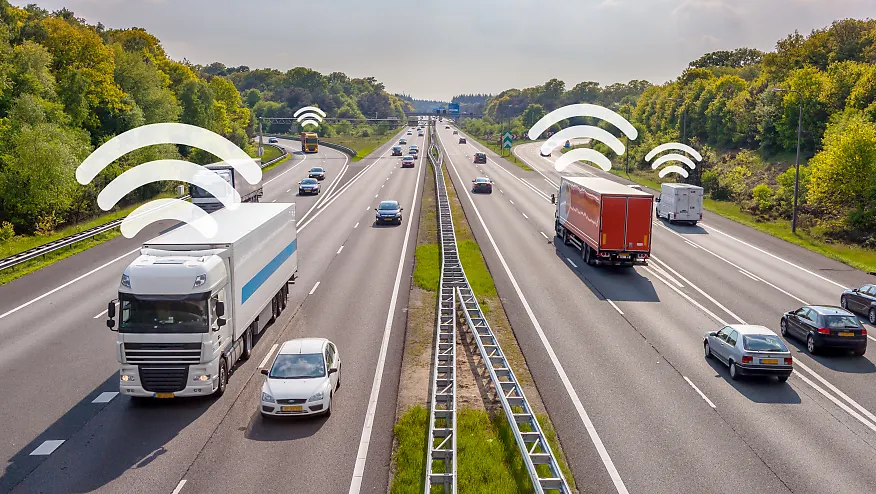The new and modern technologies are set to reshape the fleet management industry. Businesses will be able to enjoy better control and visibility over their operations, vehicles and drivers. The software will be able to offer data-driven insights with which the brand can enjoy a higher level of operational efficiency and safety. Managers will be able to offer optimised routes and reduce the costs of the business in the long run. In this article, we will go through the top five technology trends in fleet management software for 2025.
Top 5 Technology Trends In Fleet Management Software In 2025
- Integration With Smart City Infrastructure
Urban cities around the world are utilising the power of smart technologies. Proper integration of fleet management software with the smart city infrastructure will offer real-time updates to the drivers. They will be able to get instant updates on road conditions, congestion, etc., which will help them avoid delays and maximise the efficiency of the brand. Also, the integration will lead to optimised routes that will reduce the overall fuel consumption.
- AI & ML
Artificial intelligence and machine learning are integral parts of fleet management software. They help businesses make smarter decisions with the help of predictive analytics. AI-driven software can analyse the data from vehicle usage, maintenance schedules, and fuel consumption to offer optimised schedules for proper maintenance, predict vehicle breakdowns and identify other important patterns. ML algorithms help the system to learn from the fleet data and provide more accurate insights over time.
- Advanced Telematics System
With the advancements in telematics technology, fleet businesses can enjoy a wide range of capabilities with suitable telematics systems. The modern system offers real-time vehicle tracking and monitors the engine performance, speed, braking patterns, and idle times. The collected data allows the fleet managers to monitor driver performance, optimise routes and reduce fuel consumption. Also, the detailed reporting offered by advanced telematics helps businesses increase their accountability, improve driver training, and raise overall safety levels.
- Cloud-Based Fleet Management Systems
Cloud technology allows the fleet management industry to offer secure, stable and accessible software to businesses. Regardless of the size of the business, the cloud-enabled systems offer real-time data access across all devices that allows the managers to monitor fleet performance from any location. The best thing is that the system simplifies collaboration and allows proper sharing of data across all departments. With frequent automatic software updates, cloud solutions stay current with the latest technological improvements. This further reduces the need for manual updates and overall IT maintenance. The best thing is that the cloud technology offers data backup and recovery. You can protect your sensitive fleet data and recover it in case of any unfortunate breakdown. This allows your brand to get back to normal functioning quickly.
- EV Integration
With the rise of electric vehicles, fleet management software is adapting to support EV-specific needs. Modern software includes tools to monitor battery levels, schedule recharging, and analyse specific performance metrics. With built-in route optimisation for EVs, fleet managers can plan charging stops and maximise battery efficiency. EV integration also helps fleet managers monitor the environmental impact of their operations by tracking carbon emissions reductions. This trend is especially valuable for businesses aiming to build more sustainable fleets and comply with government regulations around emissions.
The Bottom Line
Here are some of the latest technology trends in fleet management software. These advancements enable fleet managers to refine operations, reduce costs, and improve safety. It is necessary to adapt these trends to stay competitive in the market and grow your business to the next level.



